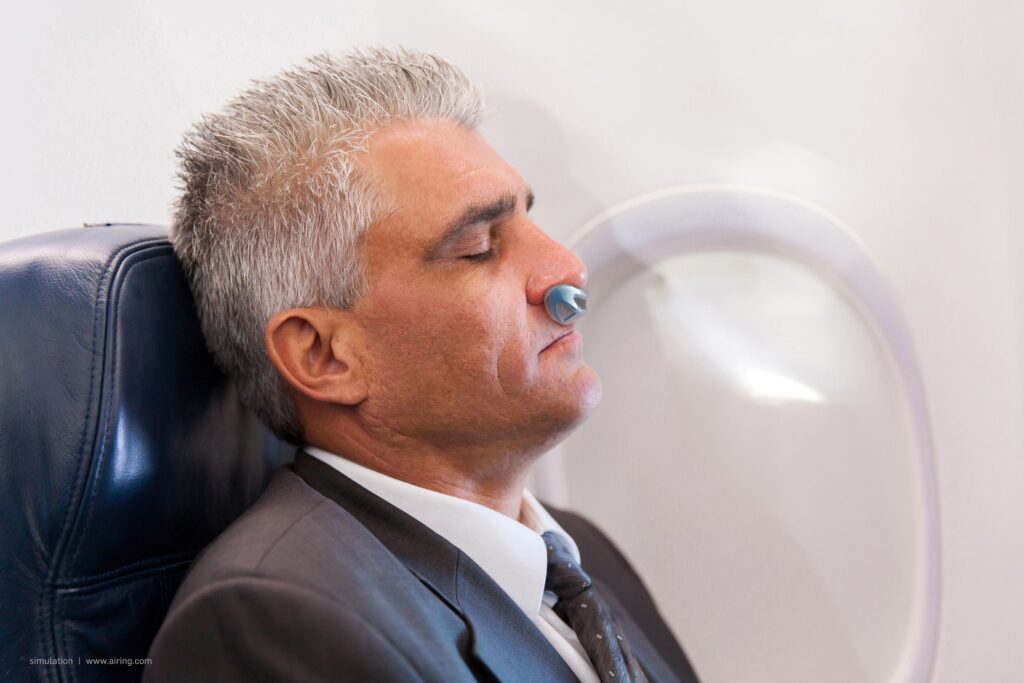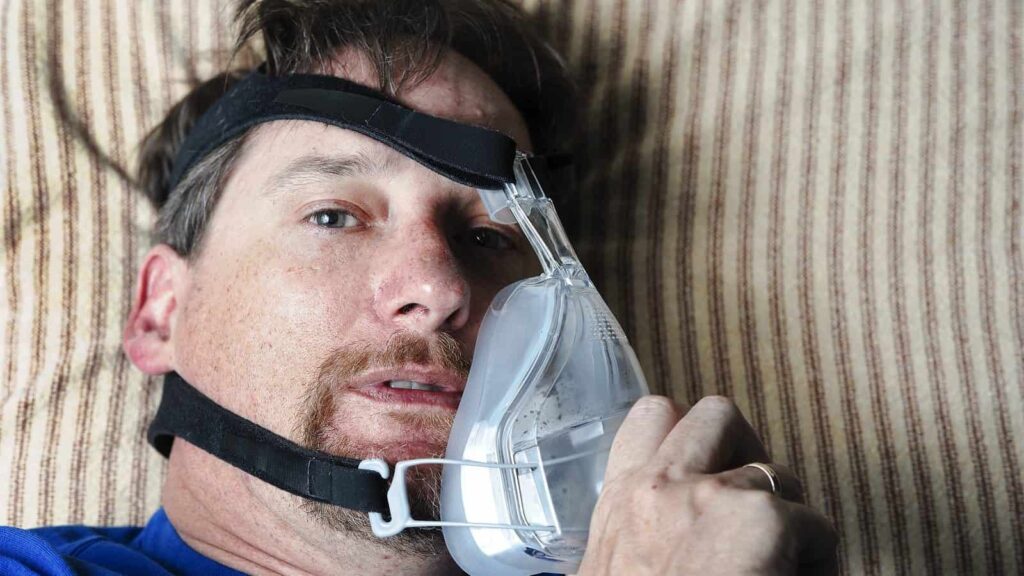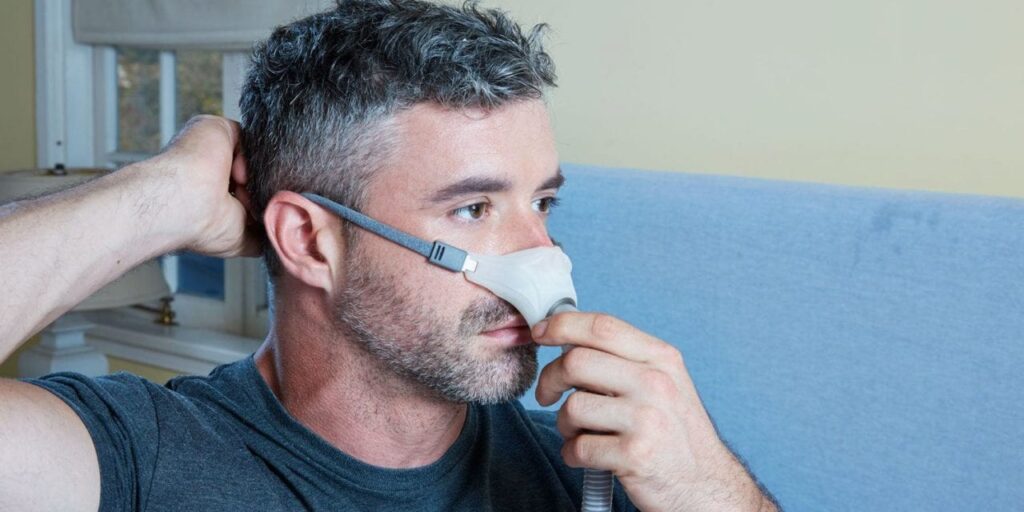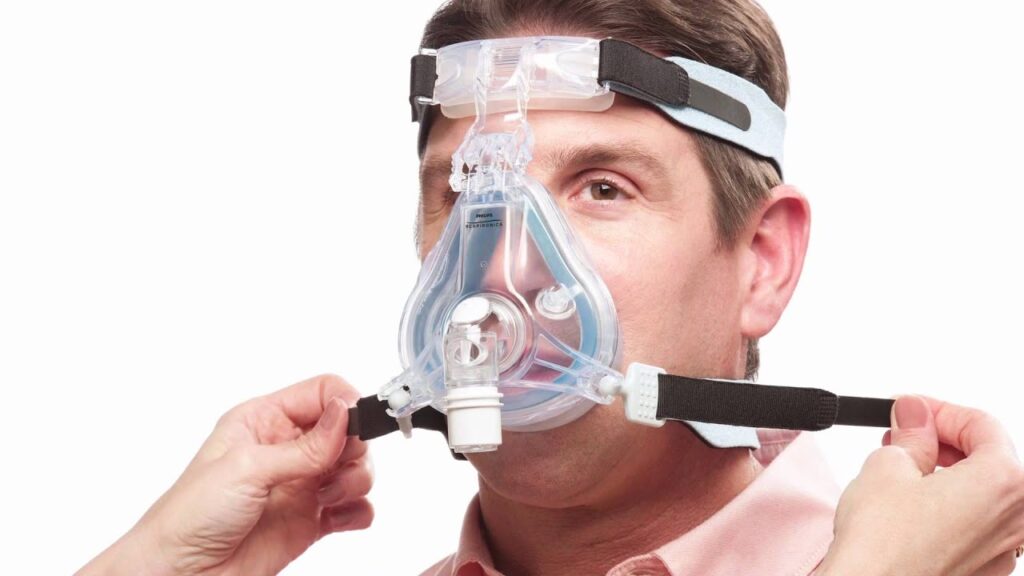When it comes to sleep apnea, understanding the condition is essential in finding the right solutions. Sleep apnea is a sleep disorder characterized by pauses in breathing or shallow breathing during sleep. These pauses can last anywhere from a few seconds to a few minutes and can occur multiple times throughout the night. This disruption in breathing can result in a variety of symptoms and long-term health risks.
Understanding Sleep Apnea
The Science Behind Sleep Apnea
Sleep apnea, a common sleep disorder, is characterized by the temporary cessation of breathing during sleep. This occurs when the muscles in the back of the throat fail to keep the airway open, leading to a blockage. As a result, there is a drop in oxygen levels in the body, which triggers the brain to briefly wake the individual up to reopen the airway. These frequent awakenings disrupt the natural sleep cycle, preventing the person from achieving a restful night’s sleep and leading to various health issues.
The two main types of sleep apnea are obstructive sleep apnea, which is caused by a physical blockage in the airway, and central sleep apnea, which occurs when the brain fails to send the right signals to the muscles that control breathing. It is essential to consult a healthcare professional for a proper diagnosis and treatment plan tailored to the specific type of sleep apnea.

Symptoms and Risks of Sleep Apnea
Common symptoms of sleep apnea include loud snoring, daytime fatigue, morning headaches, and difficulty concentrating. Individuals with sleep apnea may also experience irritability, depression, and decreased libido due to the poor quality of sleep. Moreover, if left untreated, sleep apnea can contribute to the development of more serious health conditions such as high blood pressure, heart disease, and stroke. Therefore, early detection and management of sleep apnea are crucial in reducing the risk of these complications and improving overall quality of life.
The Importance of Sleep Apnea Testing
Sleep apnea is a common sleep disorder that affects millions of people worldwide. It is characterized by pauses in breathing or shallow breathing during sleep, leading to disrupted sleep patterns and potential health risks. One of the key tools in diagnosing sleep apnea is through sleep apnea tests, also known as sleep studies.
Sleep apnea tests are comprehensive evaluations that monitor various aspects of a person’s sleep. These tests measure brain activity, eye movements, heart rate, and breathing patterns throughout the night. The data collected during the sleep study provides valuable insights for healthcare professionals to accurately diagnose the severity of the condition and recommend appropriate treatment options.
How Sleep Apnea Tests Work
Sleep apnea tests involve the use of specialized equipment that is non-invasive and comfortable for the patient. Sensors are placed on the body to monitor different physiological parameters during sleep. These sensors transmit data to a monitoring device, allowing healthcare providers to analyze the information and make informed decisions about the diagnosis and treatment of sleep apnea.
Benefits of Early Detection and Treatment
Early detection and treatment of sleep apnea are crucial for improving overall health and well-being. By addressing sleep apnea early on, individuals can experience a range of benefits such as improved sleep quality, increased energy levels, and reduced daytime fatigue. Moreover, treating sleep apnea can help lower the risk of developing other serious health conditions such as hypertension, heart disease, and stroke.

Locating Sleep Apnea Tests Near You
When it comes to finding sleep apnea tests near you, utilizing online resources can be incredibly beneficial. The internet is a vast repository of information, and many healthcare websites offer search tools specifically designed to help individuals locate sleep centers or clinics that specialize in sleep disorders. By simply inputting your location, you can access a list of nearby facilities that offer sleep apnea testing. These online resources not only provide the names and addresses of these centers but also often include detailed descriptions of the services they offer. This wealth of information can empower you to make an informed decision about where to undergo testing, ensuring that you choose a facility that aligns with your specific needs and preferences.
Moreover, consulting with healthcare professionals is another valuable avenue to explore when seeking a sleep apnea test center. Your primary care physician or a specialist in sleep medicine can offer personalized recommendations based on your medical history, symptoms, and any other relevant factors. These professionals have a deep understanding of the healthcare landscape in your area and can direct you to reputable facilities known for their expertise in diagnosing and treating sleep disorders. In addition to helping you locate a suitable testing center, healthcare providers can address any concerns or queries you may have about the testing process. They can walk you through what to expect during the evaluation, ensuring that you feel prepared and informed every step of the way.
Using Online Resources for Locating Tests
The internet offers a convenient way to find sleep apnea tests near you. Many healthcare websites provide search tools that allow you to input your location and find sleep centers or clinics specializing in sleep disorders. These resources often provide detailed information about the services offered by each facility, making it easier to choose the one that best suits your needs.
Consulting with Healthcare Professionals
Your healthcare provider can be an excellent resource in helping you locate a sleep apnea test center. They can provide recommendations based on your specific circumstances and refer you to reputable facilities in your area. Additionally, they can answer any questions you may have about the testing process and help you understand what to expect.
Choosing the Right Sleep Apnea Test Center
Factors to Consider When Choosing a Test Center
When selecting a sleep apnea test center, there are several factors to consider. These include the facility’s accreditation, the expertise of the medical staff, the availability of follow-up care, and the convenience of location. It’s essential to choose a center that meets your specific needs and ensures a comfortable testing environment.
Accreditation is a crucial aspect to consider when choosing a sleep apnea test center. Look for facilities that are accredited by recognized organizations, as this indicates that they meet high standards of quality and safety in their services. Additionally, consider the experience and qualifications of the medical staff at the center. Experienced professionals can provide better care and accurate results, giving you peace of mind during the testing process.
Preparing for Your Sleep Apnea Test
Prior to your sleep apnea test, it’s essential to follow any instructions provided by the test center. This may include avoiding caffeine or certain medications, as well as adhering to specific sleep schedules. By properly preparing for your sleep apnea test, you can maximize the accuracy of the results and ensure a smooth testing experience.
Creating a relaxing pre-test routine can also help improve the quality of your sleep during the test. Consider engaging in calming activities such as reading a book, taking a warm bath, or practicing meditation to help you unwind before bedtime. Adequate rest and relaxation before the test can lead to more accurate results and a better overall testing experience.

What to Expect During and After the Test
The Process of Sleep Apnea Testing
During the sleep apnea test, you will be monitored by a series of sensors and equipment that measure different aspects of your sleep. While this may initially feel unfamiliar, the test is non-invasive and painless. Try to relax and follow your regular sleep routine as much as possible to ensure the most accurate results.
As you settle into the sleep apnea testing environment, you may notice the gentle hum of the monitoring equipment and the soft glow of the sensors. These devices are meticulously calibrated to record even the slightest changes in your breathing patterns and sleep stages. The technician overseeing the test will ensure that you are comfortable and provide any necessary guidance throughout the process.
Interpreting Your Test Results
After the sleep apnea test, the data collected will be analyzed by healthcare professionals. They will evaluate your sleep patterns, breathing, and other factors to determine if you have sleep apnea and assess its severity. Based on the results, appropriate treatment options will be recommended to help you manage your condition and improve your sleep quality.
Upon receiving your test results, it’s important to schedule a follow-up appointment with your healthcare provider to discuss the findings in detail. They will explain the implications of the results, answer any questions you may have, and work with you to develop a personalized treatment plan. This plan may include lifestyle changes, continuous positive airway pressure (CPAP) therapy, or other interventions tailored to your specific needs.
In conclusion, locating a sleep apnea test near you is essential in understanding and addressing this sleep disorder. By understanding sleep apnea, recognizing the symptoms and risks, and undergoing sleep apnea testing, individuals can take the necessary steps towards finding a convenient solution. Whether using online resources or consulting with healthcare professionals, finding a reliable and accredited test center is vital. By following the testing process and interpreting the results, individuals can take control of their sleep health and embark on a path towards better sleep and improved overall well-being.
Realted: Sleep Apnea Test in Perth for Taking Control of Your Sleep Health

